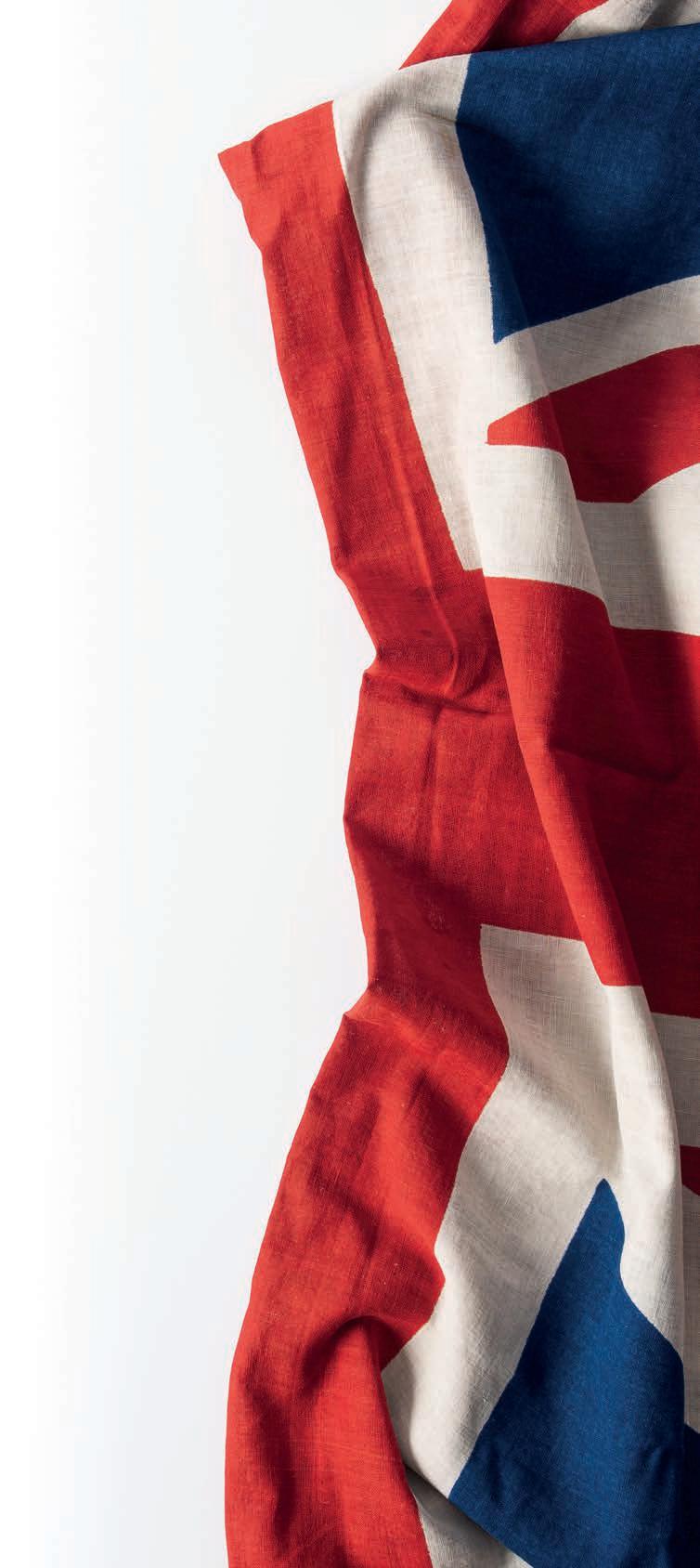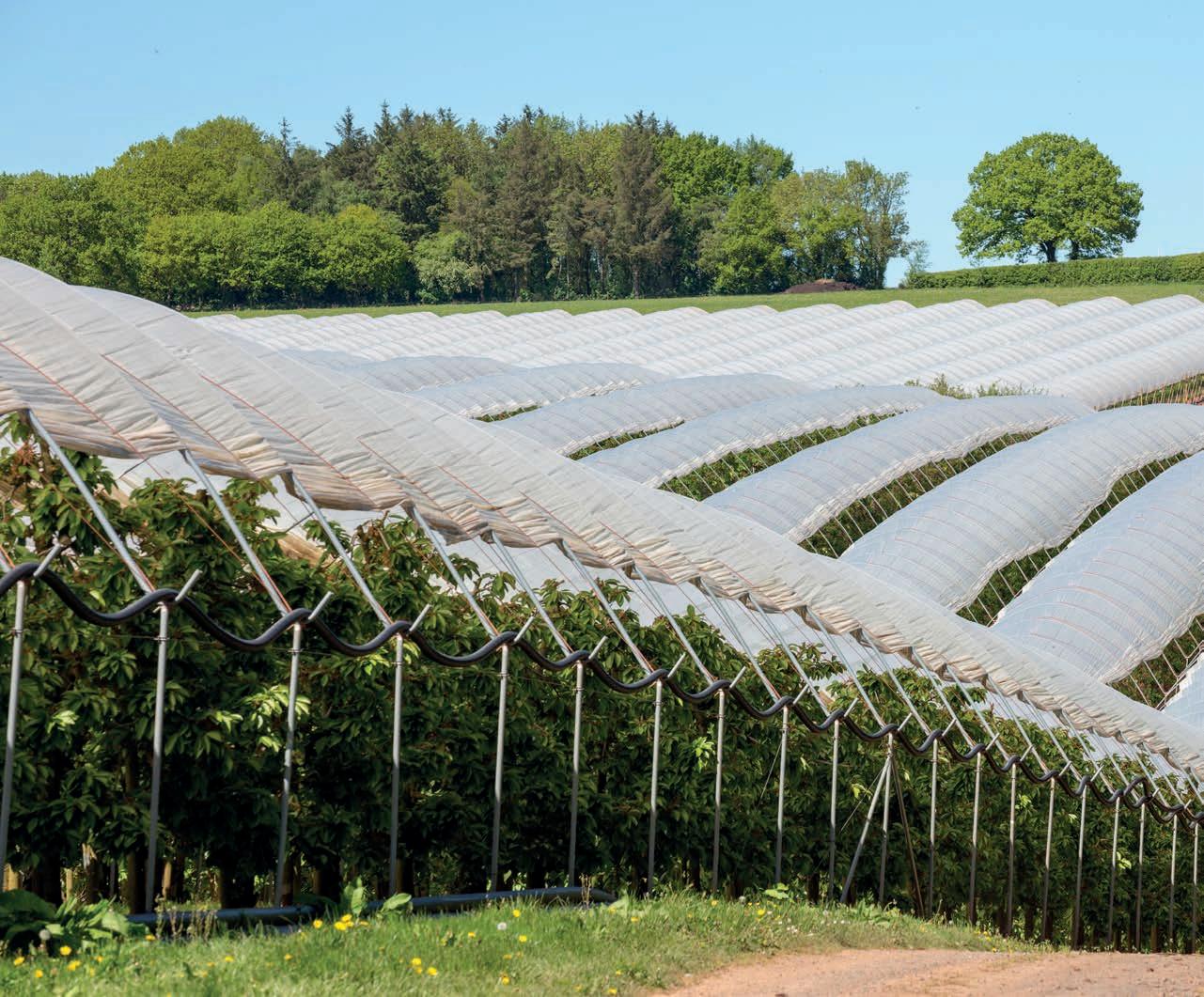
4 minute read
POTATO FORUM
Getting to grips with seed quality and looking after your safety
Alex Godfrey Alex Godfrey
Advertisement
Potato Forum chairman Potato Forum chairman
If you’d asked me back at the start of the year what was going to be the dominant issue for potato production for 2020, I would have answered ‘virus’. Although things didn’t pan out the way any of us expected – and while I make no claim to be a prophet – I still believe the impact of potato virus on our crops remains an issue that demands urgent attention across the industry.
Covid-19 has not, and will not, dislodge potato viruses from near the top of our agenda, but its impact has delayed progress on some of the actions agreed at the National Virus Forum in January. Most prominently, that includes work by the bodies that carry out tuber indexing (testing tubers for the presence of virus) on profi ciency testing and creation of a forum to investigate test result discrepancies.
This work is important to give us confi dence that we understand what a set of test results means, wherever they were carried out and by whatever method. In turn, that might allow tuber indexing to play a more formal part in the Seed Potato Certifi cation Scheme at some point in the future. While that’s all still under way, many suppliers of seed have begun to undertake tuber indexing on their stocks. Others are planning to. I see this as an encouraging and positive move by the seed industry, which in itself should help to build confi dence.
While we have concerns about the amount of virus that has made it through the certifi cation scheme in the past couple of years, we mustn’t lose sight of its successes in controlling other problems, such as blackleg.
The Animal and Plant Health Agency has launched two consultations on the scheme’s operation and the NFU and others have made strong representations to the agency that in 2021 it must return to two inspections for all basic as well as pre-basic grades, and have plans in place to allow this to happen, even if Covid restrictions or issues caused by life outside of the EU bloc intervene.
Meanwhile, I’d encourage all growers to continue working with their seed suppliers to understand the source of their seed and its provenance. Don’t be afraid to ask questions – and check out the NFU’s guide for buyers on the kind of information you should be pressing them for (see p30). Let’s make good quality seed the base for a better 2021.
Tim Papworth
Potato Forum vice-chairman
I was writing columns like this 10 years ago and it was at that time, almost to the day, I nearly lost my life falling 14 feet from a ladder while working in a potato store – so I hope you’ll understand why health and safety is something that’s been much on my mind recently.
I’ve been particularly concerned because of the pressures facing growers during this year’s storecleaning season. I’ve been thinking how everyone has been coping with the need to remove what, in some cases, will have been years of accumulated CIPC deposits in some highly-inaccessible parts of their stores, necessary to avoid the risk of this year’s crop carrying more than the temporary MRL for the now out-of-authorisation sprout suppressant.
With the availability of specialist cleaning contractors squeezed by Covid-19, many more growers will have been doing it themselves. It scares me that people may have been up long ladders or balancing in fork-lift buckets; brushing and scraping without adequate eye protection; or reaching inside fan assemblies without remembering to isolate the electricity supply fi rst. I’ve not heard of any serious accidents, thankfully, and
I understand AHDB is looking to update its potato store health and safety guidance, which will make interesting reading.
Store cleaning isn’t the only challenge posed by the loss of CIPC, and I’m confi dent that the decision we made a few years ago in our own business, to move out of storing our crop, was the right one for us. We’ve also made a reduction over the past few years in the proportion grown for processing and crisps.
The crisps market was already struggling this year thanks to the pandemic, so the news that the emergency authorisation hoped for the alternative sprout suppressant DMN has not been granted in time for this season’s crop will be particularly unwelcome.
In the absence of CIPC, DMN is currently the only product that could be used in stores that doesn’t aff ect fry quality. The UK potato industry needs it and what I fi nd so hard to understand is that it has had full approval in several other EU countries for a while. Once again, UK growers are competing in an international market that’s clearly nowhere near a level playing fi eld.










